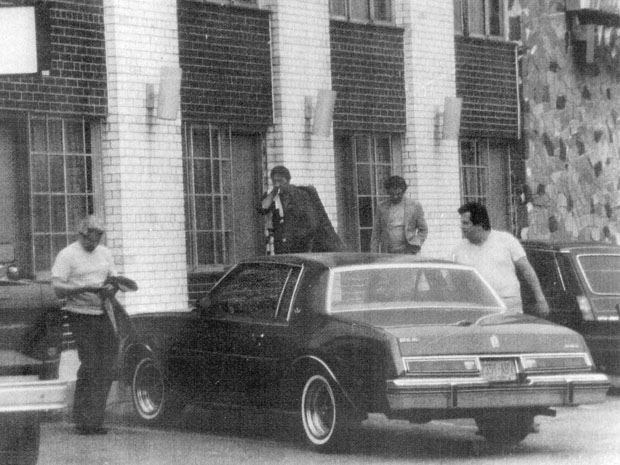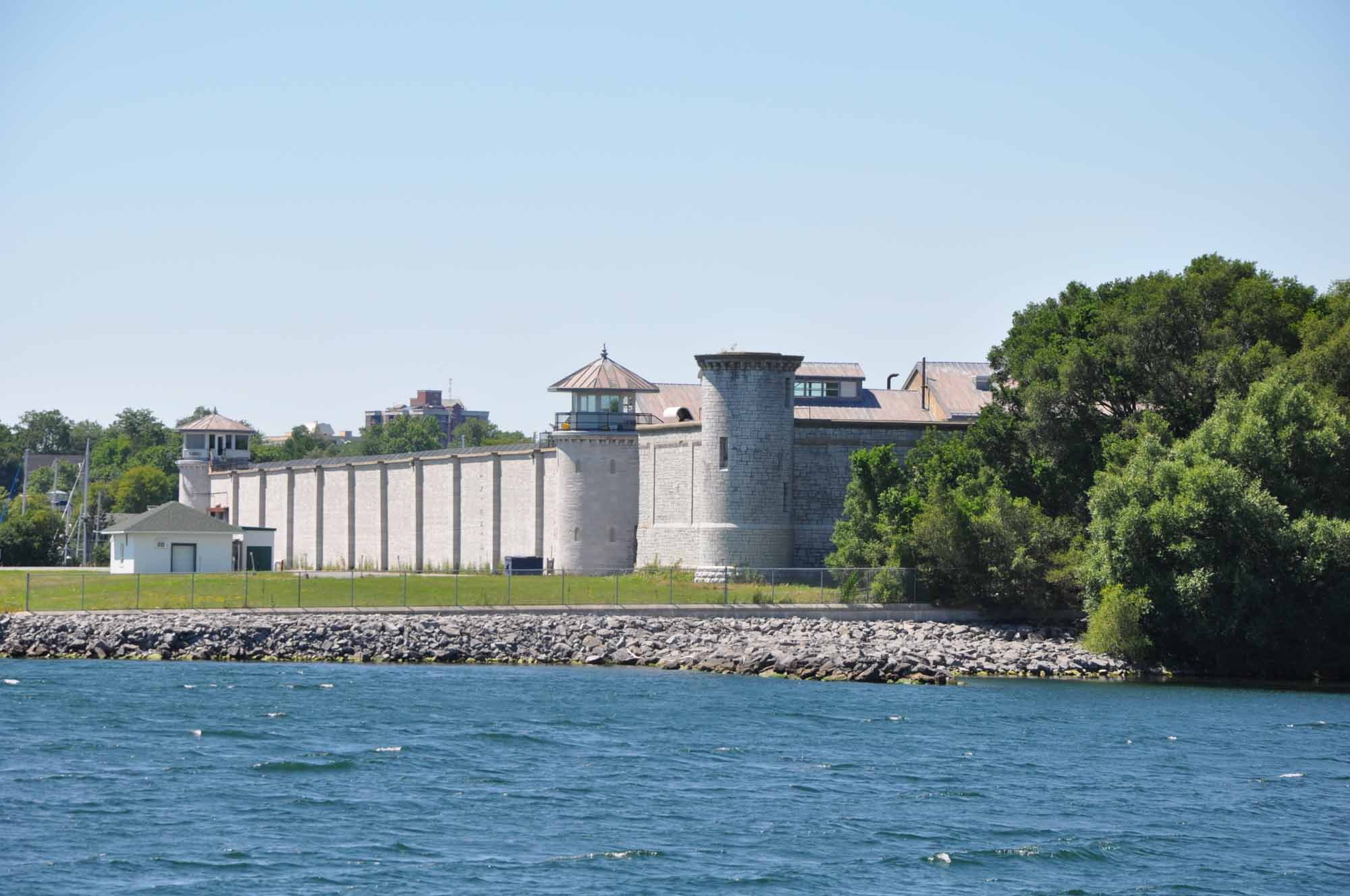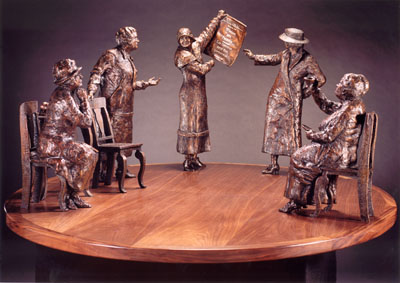Article
Offshore Mineral Rights Reference
The Supreme Court of Canada, in a decision about the ownership of seabed mineral rights off BC and on the legislative jurisdiction over these rights, decided in 1967 that Parliament, not the BC legislature, owned the territorial seabed adjacent to that province and enjoyed exclusive legislative jurisdiction by virtue of the Constitution Act, 1867 (s91.1A), ie, Parliament's residuary power. Rights in the territorial sea derive from international law and Canada is the sovereign state recognized...





